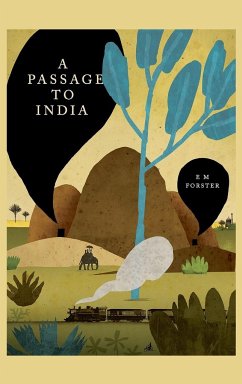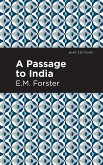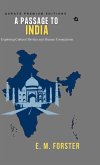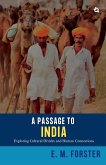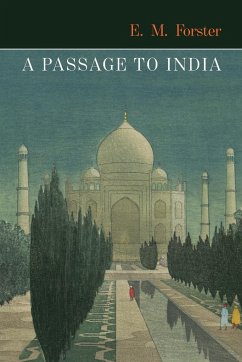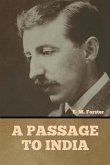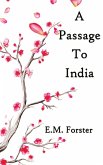Forster connects personal relationships with the politics of colonialism through the story of the Englishwoman Adela Quested, the Indian Dr. Aziz, and the question of what did or did not happen between them in the Marabar Caves. Forster was President of the Cambridge Humanists from 1959 until his death and a member of the Advisory Council of the British Humanist Association from 1963 until his death. His views as a humanist are at the heart of his work, which often depicts the pursuit of personal connections in spite of the restrictions of contemporary society. His humanist attitude is expressed in the non-fictional essay What I Believe (reprinted with two other humanist essays - and an introduction and notes by Nicolas Walter - as What I Believe, and other essays by the secular humanist publishers G. W. Foote & Co. in 1999). Forster's two best-known works, A Passage to India and Howards End, explore the irreconcilability of class differences. A Room with a View also shows how questions of propriety and class can make human connection difficult. The novel is his most widely read and accessible work, remaining popular long after its original publication. His posthumous novel Maurice explores the possibility of class reconciliation as one facet of a homosexual relationship. Sexuality is another key theme in Forster's works. Some critics have argued that a general shift from heterosexual to homosexual love can be observed through the course of his writing career. The foreword to Maurice describes his struggle with his homosexuality, while he explored similar issues in several volumes of short stories. Forster's explicitly homosexual writings, the novel Maurice and the short story collection The Life to Come, were published shortly after his death. Forster is noted for his use of symbolism as a technique in his novels, and he has been criticized (as by his friend Roger Fry) for his attachment to mysticism. One example of his symbolism is the wych elm tree in Howards End. The characters of Mrs. Wilcox in that novel and Mrs. Moore in A Passage to India have a mystical link with the past, and a striking ability to connect with people from beyond their own circles.

